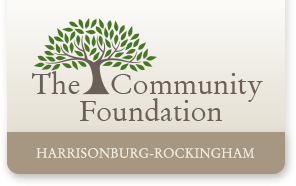What happens when I leave a bequest to my fund at The Community Foundation?
What happens when I leave a bequest to my fund at The Community Foundation?
Many donors and fund holders at The Community Foundation have updated their estate plans to leave a bequest to their donor-advised or other type of fund.
Some bequests take the form of a “specific bequest,” which means that the fund at The Community Foundation receives a specific amount of money from the donor’s probate estate or trust. For example, for a specific bequest, your advisor might include a provision in your will as follows:
I bequeath $15,000 to The Community Foundation (taxpayer ID number and/or mailing address), a tax exempt organization under Internal Revenue Code Section 501(c)(3), to be added to the [Name of Your Fund], a component fund of The Community Foundation, and I direct that this bequest become part of the Fund.
In these situations The Community Foundation will be ready to receive your bequest, typically as soon as the estate is settled.
In other situations, you may want to leave a bequest of a portion of the remainder of your estate after all specific bequests, expenses, and taxes have been paid. These types of bequests are called “residuary” bequests. The language can look something like this:
I leave all the rest and residue of my property, both real and personal, of whatever nature and wherever situated, and assets, including all real and personal property, tangible or intangible, to The Community Foundation (taxpayer ID number and/or mailing address), a tax exempt organization under Internal Revenue Code Section 501(c)(3), to be added to the [Name of Your Fund], a component fund of The Community Foundation, and I direct that this bequest become part of the Fund.
Because the amount of a residuary bequest cannot be determined until all of the assets in an estate have been identified and valued, and all expenses and taxes have been paid, the designated charity (in this example, your fund at The Community Foundation) will not receive the full amount of a residuary bequest until the estate is completely settled. Typically, however, the estate’s personal representative or trustee will make what is known as a “partial distribution” to the residuary beneficiary (or beneficiaries as the case may be), as soon as the personal representative has enough information about the assets and liabilities to confidently do so.
When you leave a residuary bequest to your fund at The Community Foundation, our team will be involved at various steps during the administration of your estate until final distribution. For example, The Community Foundation will receive regular communications about the estate related to assets, expenses, taxes, and periodic accountings. The Community Foundation will execute documents, such as receipts, related to distributions and other estate transactions.
The team at The Community Foundation looks forward to working with you and your advisors to establish bequests to fulfill your charitable legacies.
This article is provided for informational purposes only. It is not intended as legal, accounting, or financial planning advice.





